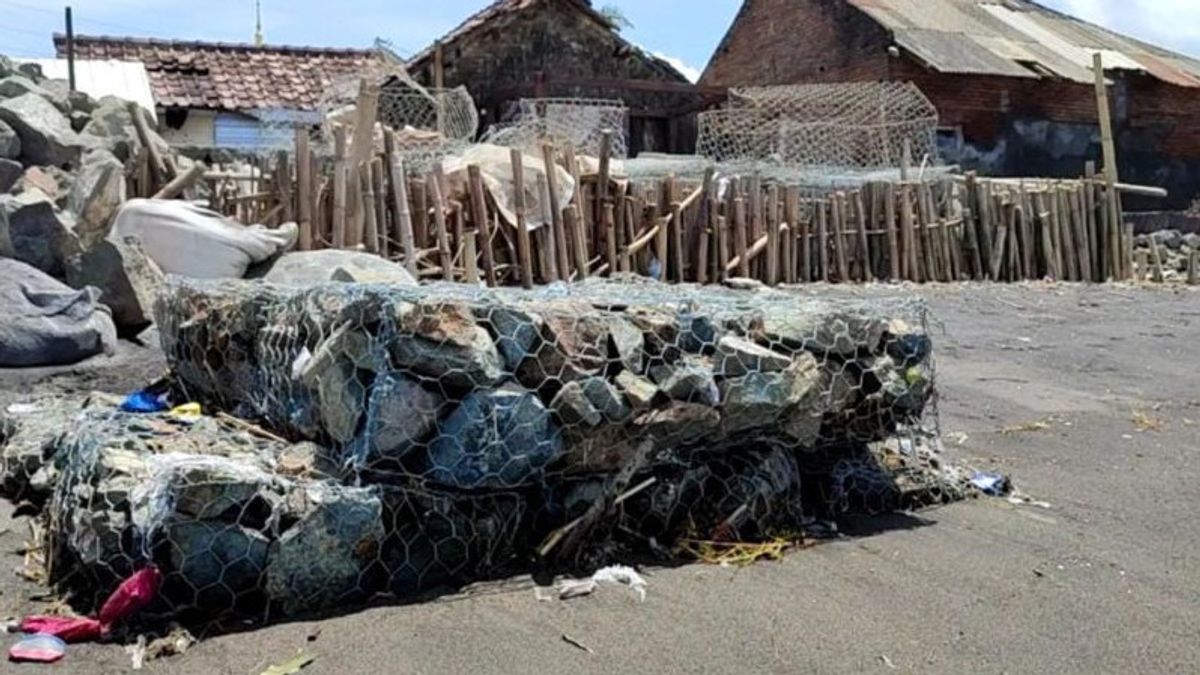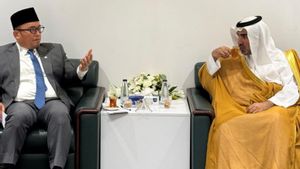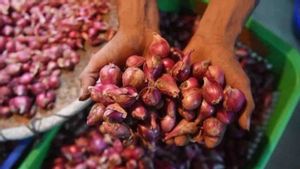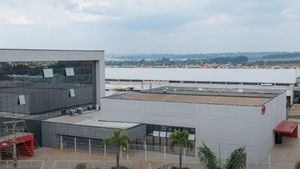MATARAM - The Mataram City Government, West Nusa Tenggara Province, has postponed the continuation of the installation of ovals in the coastal area of Mapak Indah, Sekarbela, due to problems with weather factors due to tidal waves.
Head of the Regional Disaster Management Agency (BPBD) of Mataram City, Mahfuddin Noor, said that after an assessment was carried out with the Public Works and Spatial Planning Service (PUPR) in the field, there were still tidal waves, so it became an obstacle.
"After we observed, the water level receded from 05.00 WITA to 10.00 WITA, after that day until night the waves installed again so that heavy equipment could not be lowered and it was impossible for workers to want to work," he said in Mataram, Antara, Thursday, January 19.
Therefore, he continued, the installation of gaqing in the Mapak Indah Beach area was postponed until weather conditions allowed. The postponement could be until around the end of February or early March 2023, when the wave conditions have started to normalize.
According to him, the number of ovals currently installed is only four boxes. One box is two meters long, one meter wide, and 50 centimeters high.
"The four gapped boxes spent four cubic stones, because one box was gapped with one cubic rock," he said.
The plan, added Mahfuddin, is that the ovals will be built 250-300 meters to the north and south of Mapak Indah, by prioritizing areas that have residential areas.
In addition to being installed with ovals, BPBD has also installed around 300 special sacks containing waves containing sand, and until now it is still intact even though it is buried in sand.
"The special wave-resistant sack is assistance from the River Basin Center (BWS) measuring 1x1 meters with a certain thickness so that it is not easily washed away by waves," he said.
It is hoped that through these efforts, it can minimize the impact of tidal waves in the future. Even after the ovals have been completed, the city government will carry out reforestation by planting trees that have strong and special roots in coastal areas.
"For example, waru trees, sea contamination, and other types," he said.
The English, Chinese, Japanese, Arabic, and French versions are automatically generated by the AI. So there may still be inaccuracies in translating, please always see Indonesian as our main language. (system supported by DigitalSiber.id)









